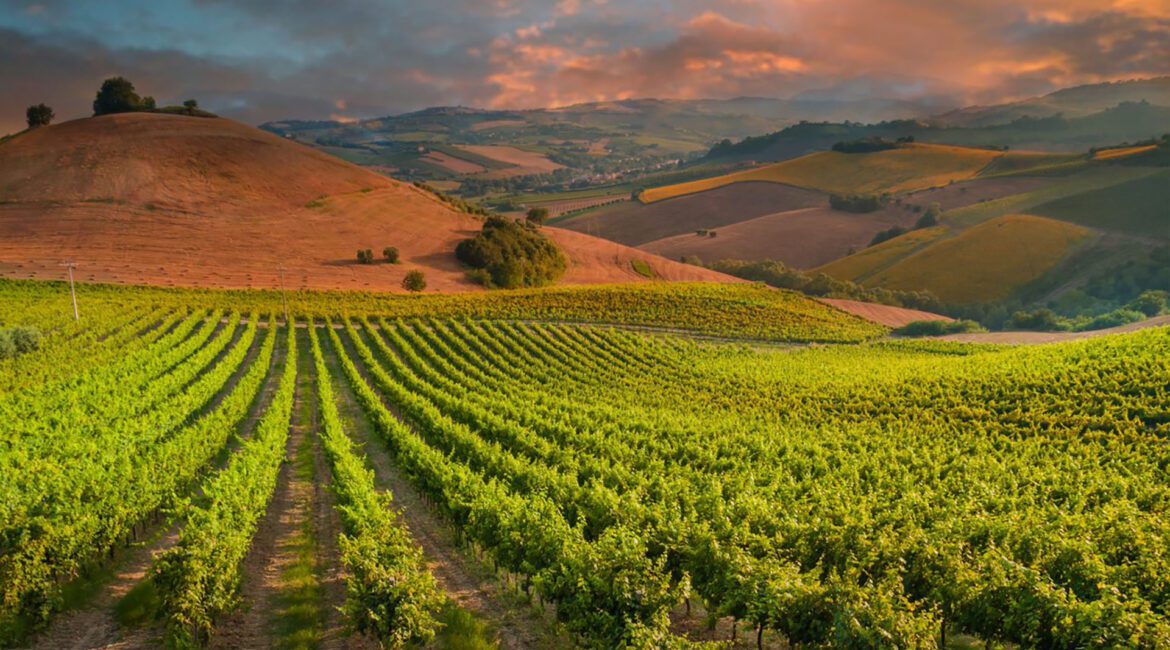The Western U.S. differs from the rest of the country in many ways. The West, especially California, is one of the most productive places in the world in terms of food production. California alone produces more than 400 different commodities in part to the climate, topography, and availability of water through the complex systems of delivery. It is important lenders analyze every deal individually, recognizing there are different strengths and weaknesses with each borrower. What do lenders look for?
- Regional differences
The West has a variety of different regional landscapes, climates zones, and vegetation compared to anywhere else in the Nation, this includes the Mediterranean, marine west coast, desert and mountainous climates. The Mediterranean climate, for example, provides the perfect temperatures to grow an abundance of permanent crops including almonds, pistachios, walnuts, citrus, vineyards, tree fruit, etc. When financing in this diverse set of geographical areas, it’s important for the lender to take a look into each operation individually and agree on the procedures.
Lenders scrutinize regional differences in the West and ask themselves if crops are planted in an undesirable area. It’s important to have a knowledgeable lender who knows your strategies when it comes to the topography, diseases and soil types. Permanent crops perform differently in different soil types. Pistachios can withstand a tougher soil, whereas walnuts need deep soils for the large root system. Maladies that happen to trees can cut into productivity reducing cash flow. Drought, frost, pests, temperature, etc. can be disastrous in regard to reducing yields. Your lender wants to know your plan to mitigate these issues.
- Knowing the Market
The productive lifespans for permanent crops are very different from each other. Many times, older orchards and vines are pulled out because the consumer has a different preference. A variety that was once appealing is no longer considered viable in today’s market. Consumers drive market change, and so begins the shift in developing new varieties to be planted. Lenders find it important that applicants have a sound market plan. They will want to know who you are marketing to or if you belong to a cooperative. Lenders want to know if you have contracts for your grapes and what varieties your growing, as with any permanent crop.
- Water Risk
New water legislation will play a huge role in the decisions made for many farms, especially in California. The Sustainable Groundwater Management Act (SGMA) was adopted on January 1, 2020. Water regulation has been, and will continue to be, a huge red flag to agricultural lenders in California. Water risk may not be as prevalent in the Pacific Northwest, but moving further south, lenders will start to ask more questions surrounding water availability. Lenders will continue to look for collateral that has two sources of water: one from wells and one from surface water. A single source, unless creditors are certain there are no, or minimal, restrictions, is an excessive risk. Water quantity and quality are considered on every deal. These decisions will affect the way farming is done for the years to come.
- Land Values
Lenders will also analyze any fluctuations in land values to make sure they stay in an acceptable loan-to-value. Growers who purchase overpriced land may not cash flow, which in turn will make it challenging to get a loan. Lenders will generally loan up to 60% LTV and in some cases will go higher based on the financial strength of the borrower. When lenders look what is influencing land values, matters such as water availability, climate and topography play a major concern.
It’s important to understand that not all deals are the same and each borrower is analyzed on an individual basis. If you’re ready to refinance or make your next land purchase and have questions, start the process by contacting a Conterra Ag Capital lending specialist today.





